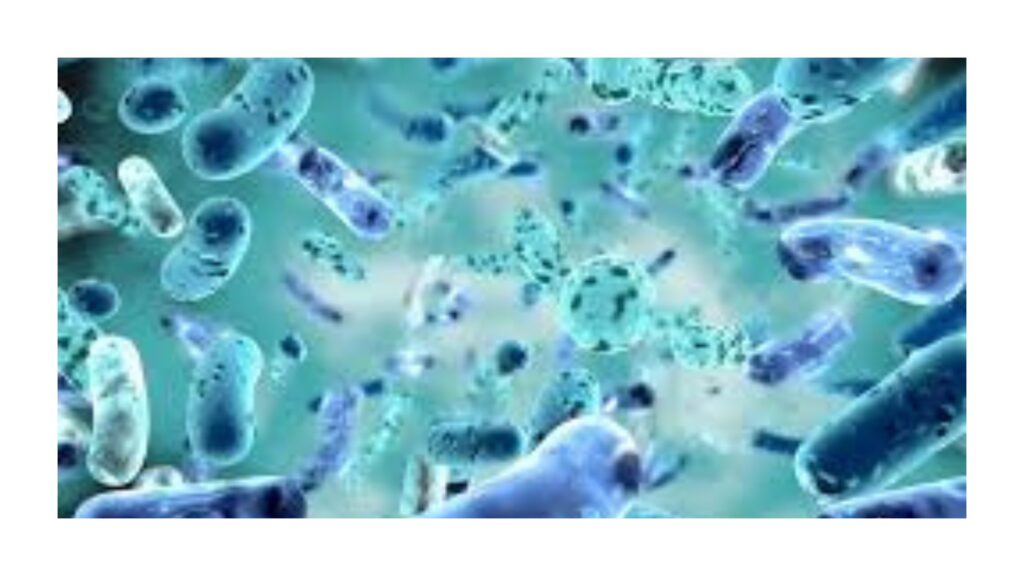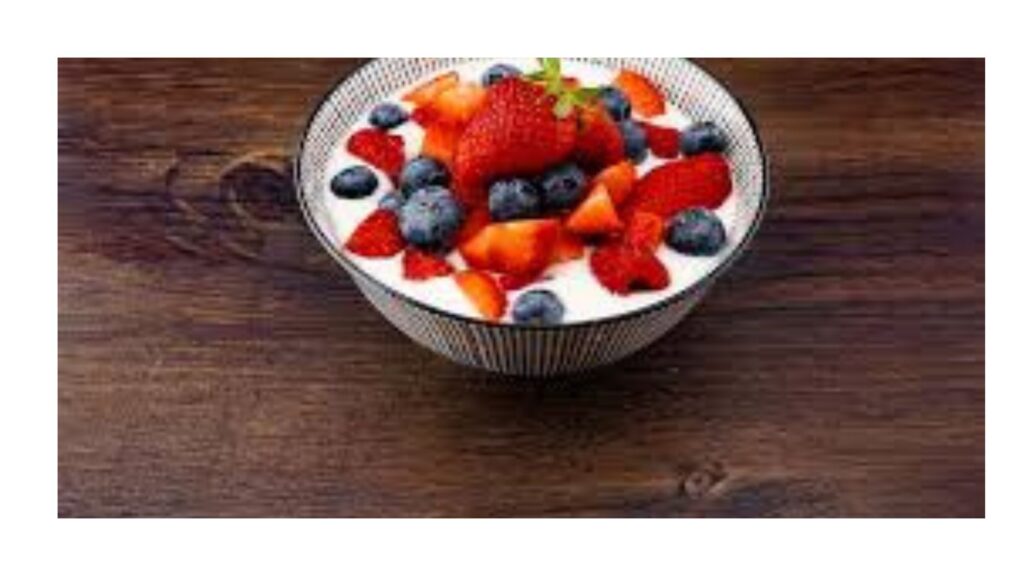Introduction
Probiotic foods play a crucial role in improving mental health. Your gut is your second brain. Your gut tells you what to eat and how to digest food, but it also directly links to your brain. Probiotic foods for kids are critical during their developmental stage. You can think of your gut as an electrical outlet that sends messages from the inside out. An imbalance in bacteria in your gut can cause problems for your brain, including anxiety and depression. A healthy microbiome helps with memory, mood and mental health.
Probiotic foods for kids are just microorganisms

They provide health benefits when consumed. Probiotics are commonly found in our digestive tract and can help digestion, immunity, mental health and more.
Many people have heard of probiotics as they relate to their overall wellness but do not know what they are or why they’re essential for taking care of your gut health.
Probiotic foods may support mental wellness

Probiotics are good for your health. They help with digestion and immune function, reduce inflammation in the body and improve overall intestinal function. Studies have also shown that consuming probiotic-rich foods like yogurt or kimchi may lower the risk of depression by improving your mood or relieving symptoms associated with anxiety or stress. There are many different types of probiotics available on the market today: live microorganisms that can be found in fermented food products; prebiotic fibers such as oligosaccharides (which feed beneficial bacteria) and lignin extracts from plant sources; whole cell culture assays which involve culturing a large number of bacterial cells at once within sterile conditions, so they don’t contaminate their host organism after inoculation; fermented milk products such as kefir made from dairy products combined with lactose sugar molecules called casein peptones.
Healthy digestive system
A healthy digestive system reduces the risk of leaky gut and inflammation, known contributors to mental health disorders. Probiotic foods may also support digestion and reduce the risk of leaky gut, inflammation and certain chronic diseases.
Probiotic foods are a good source of nutrients that help keep your body running smoothly. They contain live bacteria or yeast. It can help improve digestion by breaking down food into individual components for easier absorption into your bloodstream. It can improve overall nutrition levels as well as support immune function.
Many factors contribute to mental wellness, and the microbiome is just one of them.
The microbiome is a complex ecosystem of microorganisms that live in our gut. It’s made up of bacteria, viruses and fungi linked to many health conditions, including mental wellness.
The microbiome can be influenced by diet, lifestyle and genetics. For example, if you have a history of depression or anxiety, then some specific foods may counteract those issues for you (as well as others).
What effect does probiotics have on the brain?
Probiotic foods for kids help maintain mental wellness by supporting gut health. Probiotics are naturally occurring bacteria that help support the immune system, digestive system and brain function. They are found in fermented foods like yogurt and kefir. Those good bacteria can also be added to other foods, such as cheese or pickles (which you should consider if you have a less-than-perfect relationship with your gut).
Probiotic foods may also benefit mental health because they contain essential nutrients to support brain functions, including mood regulation and sleep quality. For example, research has shown that probiotic supplementation improves anxiety symptoms in people with irritable bowel syndrome (IBS), which often includes stress symptoms related to changes in bowel movements or bloating due to increased gas production caused by IBS symptoms like diarrhoea or constipation.
Scientists proved a connection between the gut and the brain, called GBA – Gut-Brain Axis. Microorganisms in the stomach produce neurotransmitters responsible for appetite and mood. Lactobacillus and Bifidobacterium bacteria are the most vital bacteria for good mental health. Psychobiotics are referred to as gut microbes which help in improving mental health.
Gut-Brain connection

The gut has three parts:
- The small intestine
- The large intestine (colon)
- The anus (end)
The gut-brain connection has been known for some time. It’s not just that our guts contain bacteria, yeast and other microorganisms living in symbiosis with us. It’s that they can influence our moods and behaviour.
One study published in the journal Biological Psychiatry found that taking a probiotic supplement for six weeks improved mood and anxiety symptoms among people with irritable bowel syndrome (IBS).
Another study published in the journal Gut Pathogens found that taking probiotics daily for six months improved mental health scores among people with chronic fatigue syndrome (CFS).
The gut-brain connection is one of the most fascinating and important scientific discoveries in the past few decades.
A growing body of research has shown that the brain and gut are intimately linked — whether due to the trillions of bacteria in our intestines or how your brain and gut interact.
The gut-brain connection is an important topic that has been researched extensively. The gut plays a role in the brain by communicating via the nervous system. Researchers have found more than 100 trillion neurons in the human brain!
This means that every thought you think, every feeling you feel, and even every action you take can be affected by what is going on in your gut. This connection could be compromised if you’re not eating well or taking antibiotics.
Conclusion
Probiotics have the potential to support mental wellness by supporting gut health. A number of research studies have shown that probiotics — live cultures of these microorganisms can improve mental health . A growing body of research has shown that the brain and gut are intimately linked whether it’s due to the trillions of bacteria in our intestines, or just how your brain and gut interact with each other. This may help prevent leaky gut and inflammation, which can affect our mental health. We need more research in this area and we hope you will be a part of it!

Pingback: 7 Reasons to eat more Greens - Add in your daily diet